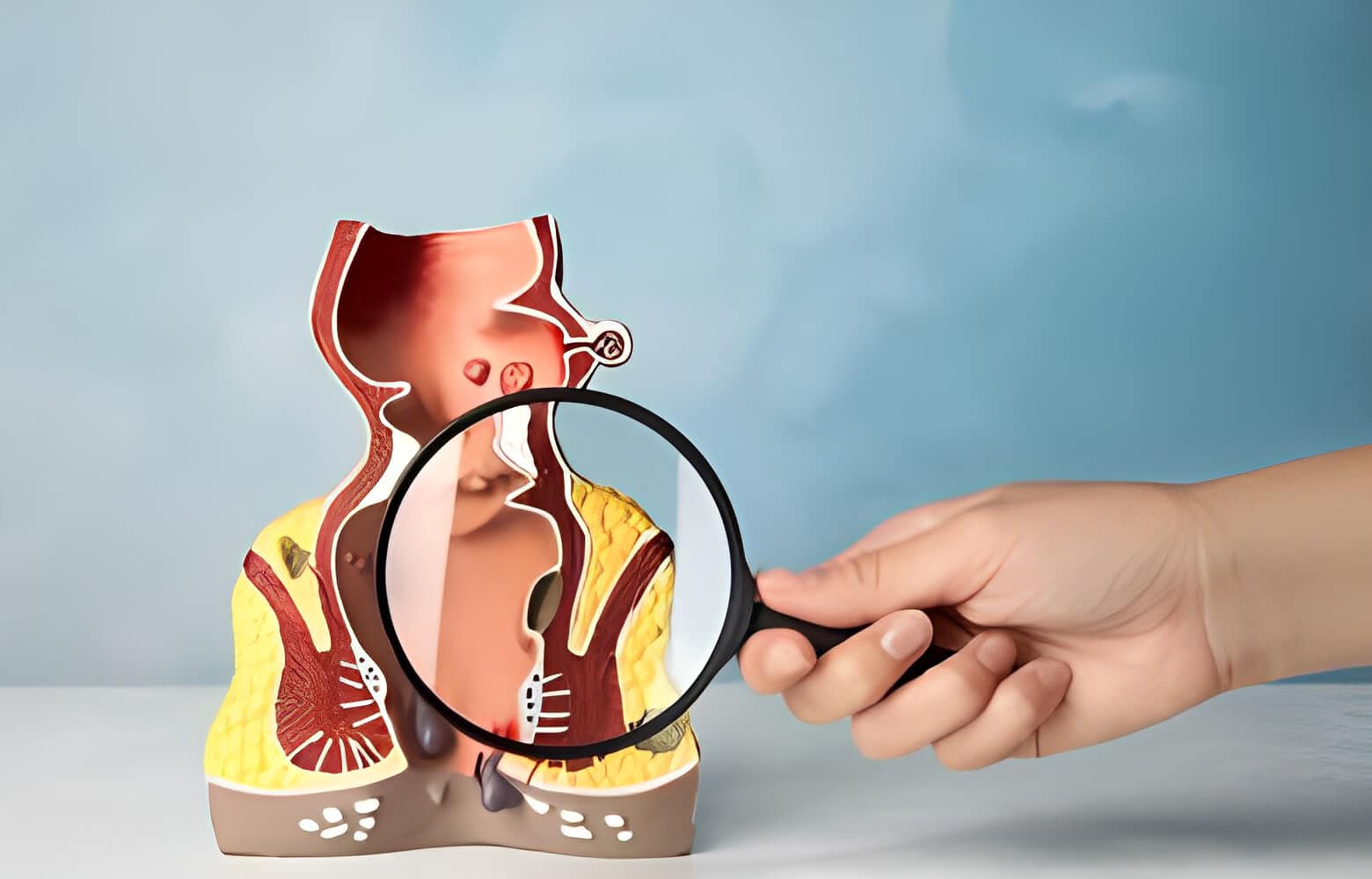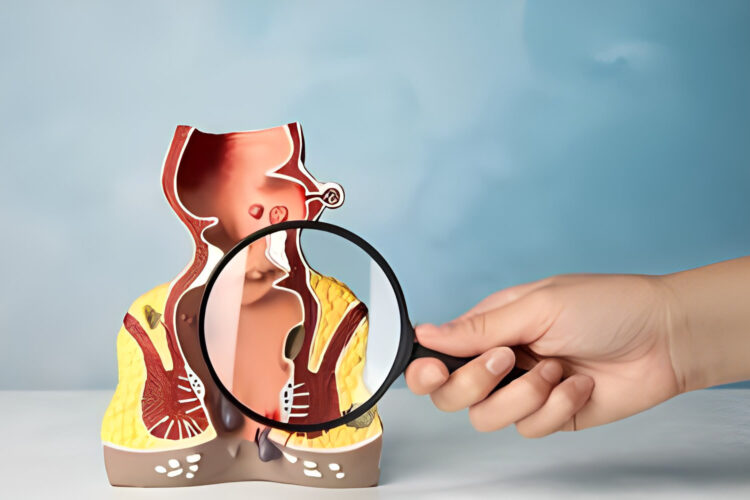Anal Fistula Treatment in Dubai
What is an Anal fistula?
An anal fistula is an infected tunnel between the skin and the anus, the muscular gap at the end of the digestive tube. Most anal fistulas are a result of an infection in an anal gland that spreads to the skin. Let us discuss the symptoms, causes, and anal fistula treatment in Dubai.
Causes of anal fistula
The main causes of an anal fistula are close anal glands and anal abscesses. Other, reasons that cause anal fistula are given below:
• Trauma
• Tuberculosis
• Sexually transmitted diseases
• Crohn’s disease
• Exposure to radiation
• Diverticulitis
Types of anal fistula
• Intersphincteric fistula. The tract begins in the space between the internal and external sphincter muscles and opens very near the anal opening.
• Transphincteric fistula. The tract plunge in the space between the internal and external sphincter muscles or the space behind the anus. It then gets over the external sphincter and opens an inch or two outside the anal opening. These are also known as horseshoe fistula because they wrap around the body in a U shape, with external openings on both sides of the anus.
• Suprasphincteric fistula. The tract starts in the space between the internal and external sphincter muscles and turns upwards to a point above the puborectal muscle, get over this muscle, then widen downward between the puborectal and levator ani muscle and opens up an inch or two outside the anus.
• Extrasphincteric fistula. The tract begins at the rectum or sigmoid colon and increases downward, passes through the levator ani muscle, and opens around the anus. The primary reason for these types of fistulas is an appendiceal abscess, diverticular abscess, or Crohn’s disease.
Symptoms
The common signs or symptoms of an anal fistula include:
• Bleeding
• Pain with bowel movements
• Fever, chills
• A general feeling of fatigue
• Pain and swelling around the anus
• Foul-smelling drainage from an opening

Diagnosis of anal fistula
Generally, the doctor diagnoses an anal fistula by analyzing the space around the anus. The physician would look for an expansion (the fistula tract) on the skin. The doctor would conclude how broad the tract is, and how it is going. In many facts, there will be seepage from the outside hole.
Some fistulas may not be detected on the skin’s surface. In this event, the doctor may need to complete additional tests:
- An anoscopy is a process in which a special instrument is handled to see inside the anus and rectum.
- The doctor may also conduct an ultrasound or MRI of the anal space.
- The surgeon will check you in the operating room to analyze the fistula.
If a fistula is found, your doctor will do more tests to make sure that the case is connected to Crohn’s disease, an inflammatory condition of the intestine. 25% of people with Crohn’s disease grow fistulas. A colonoscopy is a process in which a bendable, lighted instrument is introduced into the colon via the anus.
Treatment
Fistulotomy: The common type of surgery for anal fistulas is a fistulotomy. This involves cutting along the full length of the fistula to open it up, so it heals as an even scar.
Seton techniques: If your fistula passes through a large portion of the anal, the sphincter muscle, your surgeon may initially recommend embedding a seton. A seton is a portion of the surgical thread left in the fistula for several weeks to keep it open. This eliminates the need to cut the sphincter muscles.
Advancement flap procedure: This surgery is considered if your fistula passes through the anal sphincter muscles and having a fistulotomy carries a high risk of causing an evacuation.
Laser surgery: This process involves using a small laser beam to seal the fistula. There is doubt about how well it works, but there are no major safety concerns.
In the case of anal fistula, the healing process is normally noticed between 7 and 21 days, it depends upon the complexity of the fistula, with no need for painful dressings or special visits. The patient is capable of resuming daily activities in 2-3 days.
At HMS Mirdif Oncology Center in Dubai, we have experienced surgeons who are trained in conducting anal fistula treatment in Dubai. Our Tumor Board and its multi-disciplinary team work together to offer personalized care and advanced anal fistula treatment to the patients in Dubai, UAE, and the entire MENA region.
Schedule an appointment at +971551010169.

